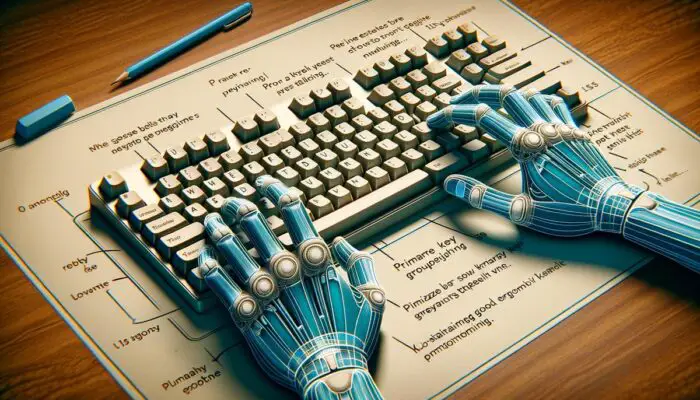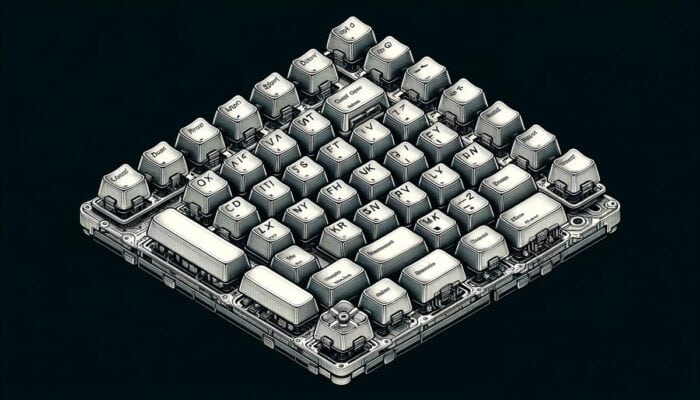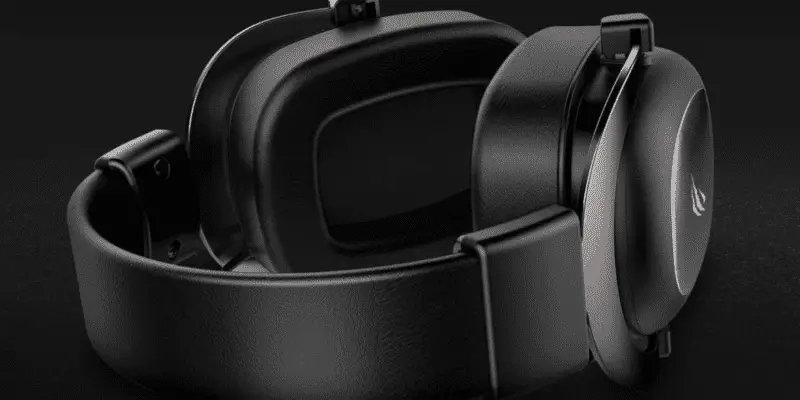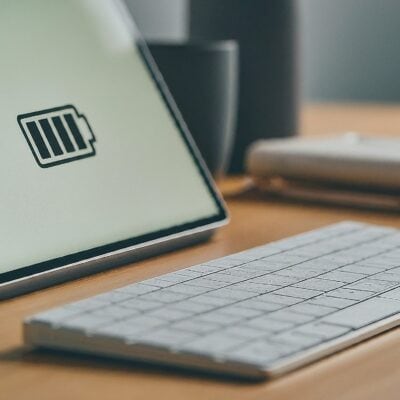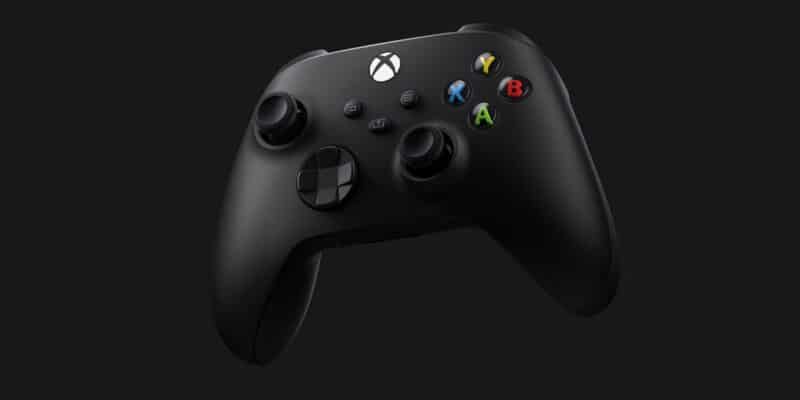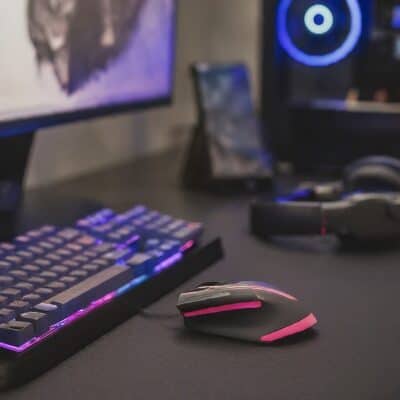Gaming Laptops, Blog
Laptop vs Notebook – 3 Amazing Main Differences You Need to Know!
Laptop vs notebook which one is the best? Nowadays, the mobile computing market is more perplexing than ever, with purchasers having to choose from a variety of gadgets categorized as:
- Laptops
- Notepads (smaller than laptops)
- Netbooks are portable computers (inexpensive notebook with basic features)
- Tablets (smaller, thinner laptops with advanced features and a higher price) Ultrabooks (smaller, thinner notebooks with advanced features and a higher price)
- Chromebooks are computers that operate on Google’s Chrome (any laptop or notebook which runs the Google operating system called Chrome OS)
- MacBooks are a type of computer that is used (Apple laptop – runs the macOS Operating System)
- iPads are really popular these days (Apple tablet – runs the iOS operating system)
- Android phones and tablets (for example, the Samsung Galaxy line of tablets which runs the Android operating system)
Some people may decide that a smartphone is sufficient for most mobile computer tasks.
The distinction between laptops and notebooks is a little hazy.
A laptop typically weighs around five pounds and is 1.5 to 2 inches thick…
…but a “notebook” weighs three pounds or less and is.5 to 1 inch thick.
Notebooks and tablets with a screen size of 15 inches or less are more portable…
…and can be carried in a backpack or briefcase.
Other variations of the “book” computer exist. Netbooks are even smaller…
…and less expensive computers designed for everyday tasks like word processing, email, and web browsing.
Tablets come in a wide range of pricing points and capabilities.
More expensive hybrid devices or convertibles, like the Microsoft Surface or the Acer Chromebook…
…have larger, higher-resolution screens and detachable keyboards…
…placing them on level with notebooks and laptops in terms of capabilities and note-taking convenience.
This is what Eren said…
It amazes me that just a few decades ago, words like laptop and iPad were nothing more than nonsense…
…not high-powered gear capable of linking billions of people around the world.
It can be tough to keep up with language as our everyday technology evolves at a faster rate than ever before.
A laptop, laptop computer, or notebook computer is a small, portable personal computer (PC) with a screen and alphanumeric keyboard.
Laptop according to Wikipedia
Intel Core Laptop on Work Rift
Hasee TX8-CU5DK Laptop for Gaming

The gaming laptop segment is becoming more competitive with each passing day.
While the high-end gaming laptops are no doubt one of the most capable…
…and expensive pieces of hardware around…
…the budget gaming laptops have really started to make a name for themselves.
It’s all about getting the best bang for your buck.
For most people, a gaming laptop is a luxury they can’t afford.
However, if you’re looking for a high-powered computer that’s still portable…
…then the Hasee TX8-CU5DK Laptop for Gaming might be just what you’re looking for.
If you are someone who likes to play games…
…then you should have a good laptop with which you can do so.
A laptop that you buy should not only be lightweight but also have a high-definition screen…
…with which you can play your favorite game.
With the Hasee TX8-CU5DK, you get all of these and more.
The Hasee is a great laptop for gaming…
…because it has a powerful processor and a solid battery life.
I used this laptop to play games like League of Legends…
…Super Smash Bros, and Call of Duty: Black Ops 2.
This laptop does well in those games because it has a powerful processor…
…that can handle all of the game’s graphics without any lag.
You won’t need to buy additional graphics cards to be able to play these games on this laptop.
Hasee’s laptop is a budget gaming laptop that’s built for entertainment.
It packs a powerful CPU, which means that the game graphics…
…and sound are much more realistic than you would normally get on a machine like this.
In fact, the only time I ever see a laptop being used for work is…
…when it’s connected to an external monitor and keyboard.
XIDU Touch Screen Laptop 14.1 inch 2 in 1 Laptop Intel
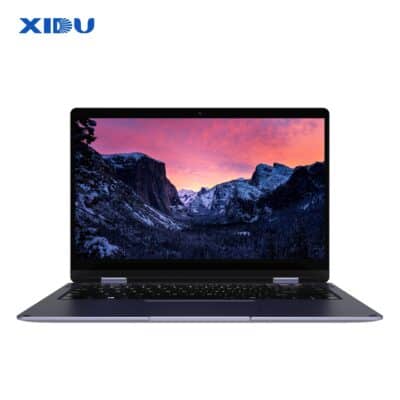
On this 14-inch model, XIDU PhilBook Max makes portable design, excellent performance…
…and affordable features possible. It boasts an exceptionally thin 0.6-inch profile…
…and an ultra-narrow display bezel that allows it to pack a 14-inch display inside a 13-inch laptop chassis.
The performance required for daily multitasking and pleasure is provided by an Intel Celeron processor…
…with 6GB RAM and 128GB SSD storage. XIDU PhilBook Max may be used as a fashionable laptop…
…a convenient tablet, or anything in between. Pre-installed Windows 10 Home OS…
…with no bloatware for the finest surfing experience.
Laptop vs Notebook: Weight and Portability
Keep in mind that size does important. A pound of extra weight in a laptop or notebook may not seem like much…
…but after balancing it on your lap or carrying it around in a briefcase, you’ll notice the difference.
Unfortunately, weight and price are frequently inversely proportionate.
Heavier models are less expensive, while slimmer variants are more expensive.
If the display size is a consideration (as discussed below), you may want to forego weight…
…and portability in exchange for a larger display. Smaller notebooks also have more cramped keyboards…
…which some users may find uncomfortable.
Laptop vs Notebook: Budget vs Performance
Examine your budget and how you want to utilize your personal or business laptop before making a purchase.
Do you require video and photo editing software? Do you consider yourself a dedicated gamer…
…or a power business user that frequently uses many applications at once?
Or do you simply want one for browsing the web and video chatting with friends and family?
Despite the fact that the price difference has narrowed significantly in recent years…
…laptop/notebook computers continue to be more expensive than desktop computers.
You pay a premium for the ability to move your office around.
This, of course, is dependent on the brand you choose as well as the laptop’s specifications.
Laptops, notebooks, and tablets, unlike PC desktop computers, are typically difficult…
…or impossible to replace using interchangeable components.
If you buy one, make sure it includes all of the features you desire at the time of purchase.
Like any desktop computer, the performance, power, and price of a laptop/notebook are determined by:
- Processor (CPU): More expensive versions have faster processors, resulting in superior performance when doing CPU-intensive tasks. You won’t need a speedier processor if your tasks primarily consist of word processing and web browsing.
- Graphics (GPU): If you plan to run graphics-intensive gaming or virtual reality (VR) applications, a high-end graphics processor is essential. Ultra high-end graphics capability can easily add over $1000 to the price of a laptop.
- Memory (RAM): A typical low-cost laptop or notebook has 8 GB of RAM, which is sufficient for light tasks. More is better if you want to run numerous programs at the same time. 16 GB or more may be required for strong users or gamers.
- Solid state drives (SSDs) can provide a significant performance gain over conventional hard drives (HDDs). SSDs are more expensive than HDDs, although they are becoming more affordable. SSD drives are also much smaller than HDD drives in terms of capacity. If you require additional disk storage, you may want to consider purchasing an external hard drive.
Fingerprint readers, ruggedization for extreme environments, and other features are available.
The price you’ll spend for your portable device will also be determined by the brand name.
Cheaper ones with fewer features can be found for a few hundred dollars.
Those produced by high-end manufacturers such as Apple or Microsoft might cost hundreds of dollars…
…depending on the model and specifications.
Laptop vs Notebook: Battery Life
While laptop/notebook PCs offer limitless mobility, this is not the case.
If you’re going to use your computer “unplugged” a lot, pay attention to the battery’s average run time.
For certain models, new processors, SSD storage drives…
…and battery technologies have boosted typical run times to 14 or more hours.
However, there is still a lot of variance. If you want to use your laptop/notebook on long international trips…
…or in other situations when charging is not easily available, consider a model with enough battery life.
While laptop/notebook PCs offer limitless mobility, this is not the case.
If you’re going to use your computer “unplugged” a lot, pay attention to the battery’s average run time.
For certain models, new processors, SSD storage drives, and battery technologies…
…have boosted typical run times to 14 or more hours. However, there is still a lot of variance.
If you want to use your laptop/notebook on long international trips or in other situations…
…when charging is not easily available, consider a model with enough battery life.
Laptops are heavier and thicker than notebooks. A notebook is slightly smaller than a tablet…
…but slightly larger than a smartphone. Both are laptop computers that can be used for word processing…
…spreadsheets, presentations, online browsing, and other things.
Sum Up
Computers come in a variety of shapes and sizes.
Netbooks are used by some, while tablets are used by others.
Many individuals choose tablets because they are less expensive and more portable than computers.
A tablet can be used for both work and entertainment.
People who wish to learn about computers should obtain a laptop…
…but those who already know how to use a computer should get a tablet.
Conclusion
And, that is all for Laptop vs notebook.
How do you choose between Laptop vs Notebook?
Let us know your experience on the comment section!
Related Articles For You!
- You may like: Why Gaming Laptops Are Better? Superb 5 Facts About This Gaming Gear
- You may enjoy this article about: XIDU Touchscreen Ultrabook Laptop Review: 3 Important Things You Need To Know!
- This article may be interesting:Review of MSI GS66 Stealth Gaming Laptop – Bringing You a Powerful Gaming Experience!
Our Latest Posts:


